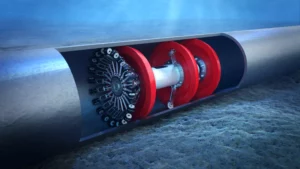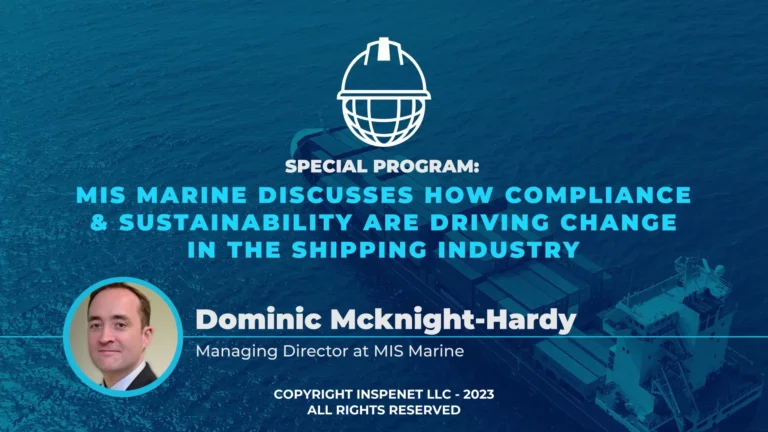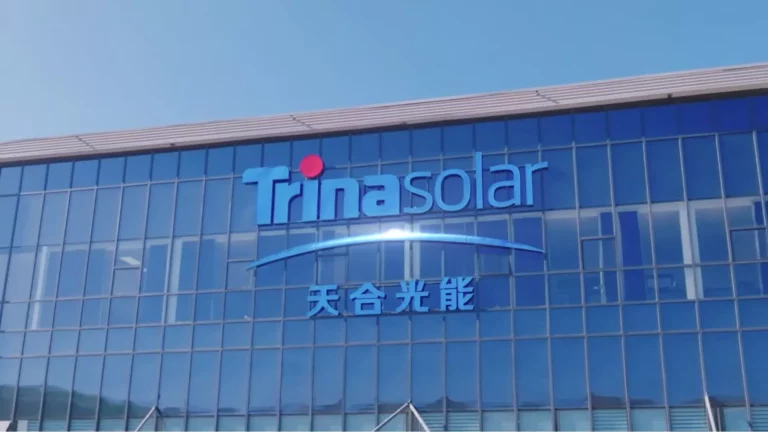easyJet has successfully conducted a hydrogen-powered baggage vehicle trial at Bristol Airport. Project Acorn involved the use of hydrogen to fuel ground support equipment (GSE), baggage tractors that service aircraft.
First hydrogen-powered luggage vehicle test
Project Acorn represents the first airside hydrogen refueling trial at a major UK airport. During the tests, DHL ground handlers refueled a Mulag baggage tractor equipped with a Globe fuel cell powertrain using compressed hydrogen supplied by BOC. The refueling process, facilitated by Fuel Cell Systems’ HyCube unit, took only three minutes, filling the tractor tanks to 250 bar.
This allowed the hydrogen-powered tractor to operate for two to three hours, efficiently transporting passengers’ luggage to and from easyJet aircraft. Importantly, the UK Civil Aviation Authority was actively involved in the trial as an independent reviewer of the safety case.
Industry collaboration and key safety points
The success of Project Acorn was a collaborative effort involving diverse organizations from aviation, engineering, logistics and academia. Cranfield Aerospace Solutions, Cranfield University, Connected Places Catapult (CPC), IAAPS, Jacobs and TCR came together to support the project.





Its collective goal is to establish industry best practices, provide guidance on necessary infrastructure changes, and create a regulatory framework for the use of hydrogen in aviation fields. for the use of hydrogen in the airfields. . Since hydrogen is relatively new in aviation, there is currently a lack of standards in this area.
The data and information from the trial will also contribute to ongoing research by groups such as Hydrogen in Aviation (HIA) to ensure that UK infrastructure and regulations keep up with advances in carbon-free flight.
Inspenet.com YouTube LinkedIn Facebook Instagram X
Source: easyJet
Photo: Shutterstock













